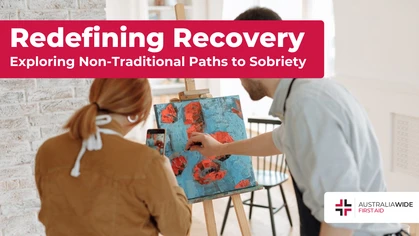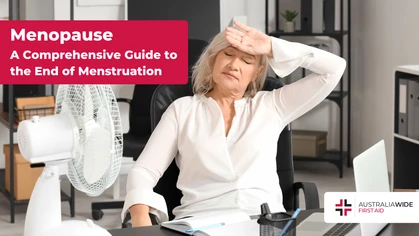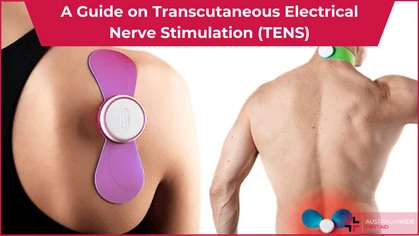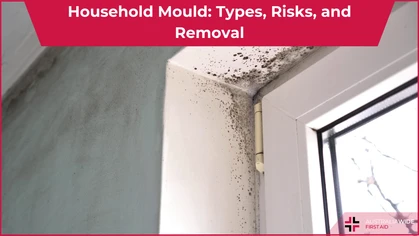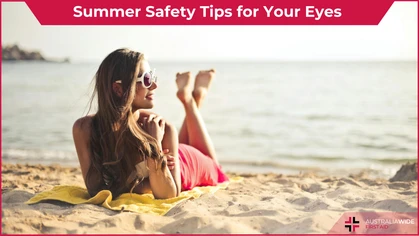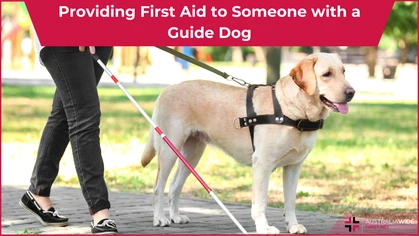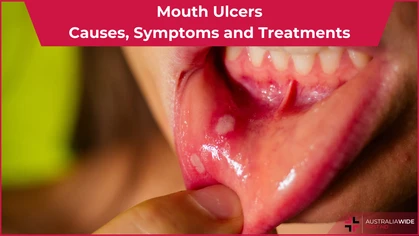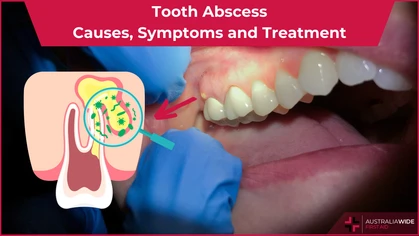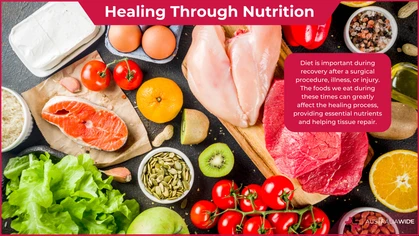Women's Health Week: “It's All About You”

General Health-Related
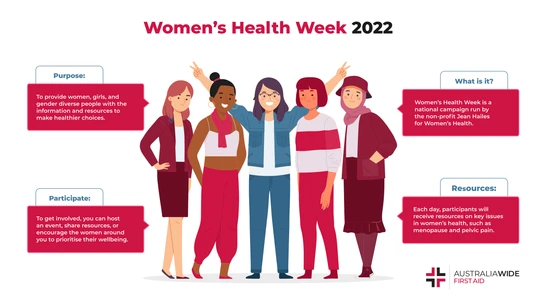
Women's Health Week is a national campaign coordinated by Jean Hailes for Women's Health. During Women's Health Week, women are provided with practical resources to prioritise their physical and emotional wellbeing.
Women’s Health Week is a national event coordinated by Jean Hailes for Women’s Health, a not-for-profit organisation. Women’s Health Week endeavours to remind women, girls, and gender diverse people to take time out of their busy schedule to look after their health and wellbeing. During Women’s Health Week, participants receive practical and evidence-based resources, such as videos, recipes, and quizzes (among others), to help them make healthier choices. For instance, participants receive support with exercising more, booking health checks, and connecting with other women. Both individuals and groups can partake in Women’s Health Week, either by hosting an event, sharing resources, or encouraging women, girls, and gender diverse people to actively manage their own health and wellbeing. Continue reading for a more in-depth look at the history of Jean Hailes for Women’s Health, and Women’s Health Week.Who is Jean Hailes?
Dr Jean Hailes AM was an Australian General Practitioner (GP). In 1971, she established Australia’s first women’s health clinic dedicated to midlife and menopause. Jean established this clinic after noticing that most doctors at the time showed little interest in what they considered ‘minor’ symptoms among middle aged women. Jean recognised that this type of behaviour encouraged women to sweep their symptoms under the rug, and that it perpetuated a culture of silence around women’s health. Subsequently, Jean began working tirelessly to empower her colleagues to develop and undertake research in health issues facing midlife women. She was also one of the first Australian GPs to advocate for this issue in the public arena, and she would regularly talk on radio and to the press about women’s health during midlife and menopause. Jean was determined to help women actively participant in the choices affecting their health – she encouraged them to develop relationships with their doctors, to speak out and seek answers about the facts of their health, and to know their options in terms of receiving different tests, opinions, and treatments. In honour of her service to women’s medicine, Jean became a Member of the Order of Australia (AM) in 1986, just two years before her passing. More information about Jean’s incredible accomplishments and formal recognitions can be found on the Jean Hailes for Women’s Health website.What is Jean Hailes for Women’s Health?
Jeans Hailes for Women’s Health is a not-for-profit organisation founded in 1992. Like its namesake (Dr Jean Hailes AM), Jean Hailes for Women’s Health strives to fill knowledge gaps in the realm of menopause, and in other key areas of women’s health as they emerge as priorities. Jean Hailes for Women’s Health strives to fill these knowledge gaps by translating research and medical evidence into practical and understandable information that can be accessed by a variety of audiences, including women, health professionals, and other key figures in public health, clinical services, research, and policy. In fact, Jean Hailes for Women’s Health is so comprehensive in its resource offerings, the Australian government formally acknowledged it as the country’s digital gateway for women’s health and wellbeing in 2016. Jean Hailes for Women’s Health has emerged as a pioneer in women’s healthcare thanks, in part, to its integration of the four following pillars: research, policy, clinical services, and public health and education. See below for a closer look at three of these pillars:- Clinical services: Jean Hailes for Women’s Health currently operates two clinics in Melbourne, Victoria. These two clinics provide high quality care to support the individual health needs of women at various stages of life. The clinics focus on assessment, education, support, and management options that promote healthier lifestyles, and that help women become actively informed and involved in the choices affecting their healthcare. There are a range of healthcare professionals on hand, from specially trained GPs and gynaecologists to hormone specialists and naturopaths, to consult on a variety of issues relating to menopause, pelvic pain, and polycystic ovary syndrome (among others).
- Research: Jean Hailes for Women’s Health supports and collaborates with research teams in major medical institutes and universities. It maintains these strategic and collaborative relationships to bridge together a wide range of resources on public health information, health education, and national promotion. For instance, Jean Hailes for Women’s Health currently collaborates as a ‘knowledge exchange partner’ in a broad variety of National Health and Medical Research Council (NHMRC) Partnership Grants and Centres of Excellence. As such, it works closely with the chief investigators of these Centres of Excellence to share research findings with health professionals and the wider community. One of these chief investigators is the University of Queensland’s Gita Mishra, a professor who looks at the links between women and non-communicable diseases.
- Public health and education: Jean Hailes for Women’s Health has a dedicated Public Health & Education unit. This Public Health & Education unit converts the complex evidence gleaned from the research and clinical care pillars into accessible information that women can use, in partnership with their doctors, to make decisions about their health needs. Jean Hailes for Women recognises that women are the sum total of their wellness, expectations, and life experiences. As such, it delivers its knowledge resources in a diversity of formats, such as face-to-face seminars, email updates, and social media posts, to respect distinct cultural sensitivities. The Public Health & Education unit also tailors its education resources to suit the needs of health professionals, policy makers, and other researchers to create momentum for positive behaviour and outcomes across the entire healthcare landscape.
Women's Health Week
Women’s Health Week is an annual campaign of events and online activities that provide women with the connection, information, and support to be healthy in mind and body. The growth of Women’s Health Week has been so exponential, it is now considered the biggest week for women’s health and wellbeing in Australia. Participants who sign up for the online campaign will receive a daily email with videos, recipes, and other tools to recognise their own capacity for good health. Each email will also focus on a pertinent issue in women’s health, as below:- Day One – Check Me Out: On Day One, the focus will be on providing information about health checks for women. This includes how to check breast health at home, when and why to get a cervical screening test, and what health checks are needed to assess skin health, sexual health, and emotional health (among others).
- Day Two – Menopause Matters: On Day Two, the focus will be on menopause and perimenopause. Menopause broadly refers to the point in time when a woman has not menstruated for 12 months. Perimenopause, meanwhile, broadly refers to the period when a woman’s body makes the natural transition to menopause. On this day, participants will be provided with resources to understand menopause, and to navigate its symptoms.
- Day Three – Pelvic Power: On Day Three, the focus will be on the pelvic floor and pelvic pain. The pelvic floor refers to the muscles spanning the bottom of the pelvis, and that support the pelvic organs, including the bladder, bowel, and uterus. Pelvic pain, meanwhile, refers to discomfort in the lowest part of the abdomen. On this day, participants will receive resources about how to improve the health of their pelvic floor, and common causes of pelvic pain.
- Day Four – Mind Health: On Day Four, the focus will be on mental wellbeing and brain health, including anxiety, brain fog, and dementia (among others). Dementia broadly refers to a collection of symptoms marked by waning cognitive function, including loss of memory, language, and critical thinking skills. According to the Alzheimer’s Society, women with dementia have outnumbered men 2 to 1 in years past. On this day, participants will receive resources about the factors affecting mental and emotional health, how to maintain mental wellbeing in older age, and how to identify stress and anxiety triggers in the workplace.
- Day Five – Move and Improve: On Day Five, the focus will be on physical activity, and how it benefits the brain and body. Regular exercise has been shown to reduce the risk factors for cardiovascular disease, such as ‘bad’ cholesterol and high blood pressure, and to improve sleep quality, which increases the levels of ‘happy’ hormones in the brain. On this day, participants will receive resources on how to incorporate physical activity into their daily routine, how to keep body aches and stiffness at bay, and how to set up an ergonomic work from home station.
Conclusion
Women’s Health Week is a national campaign run by Jean Hailes for Women’s Health, a non-profit organisation dedicated to helping women take charge of their physical health and mental wellbeing. Jean Hailes for Women’s Health is considered a stalwart in the Australian women’s health scene. It provides knowledge resources to women, healthcare professionals, and other key industry figures to improve the behaviours and outcomes surrounding women’s health at all stages of life. Women’s Health Week is an extension of Dr Jean Hailes’ lifelong passion to help women better understand and actively inform the choices affecting their health. Women’s Health Week provides participants with tailored resources about pertinent health issues facing women today, how to tackle them at home, and how to tackle them with the support of a worthwhile healthcare professional. Despite only running for the first time in 2013, Women’s Health Week is now the biggest week for women’s health and wellbeing in Australia. To find out how you can get involved and start inspiring positive change in your health and wellbeing, head to the Women’s Health Week website today.
Originally published at
https://www.australiawidefirstaid.com.au/resources/womens-health-week
as part of the Australia Wide First Aid Articles Library
